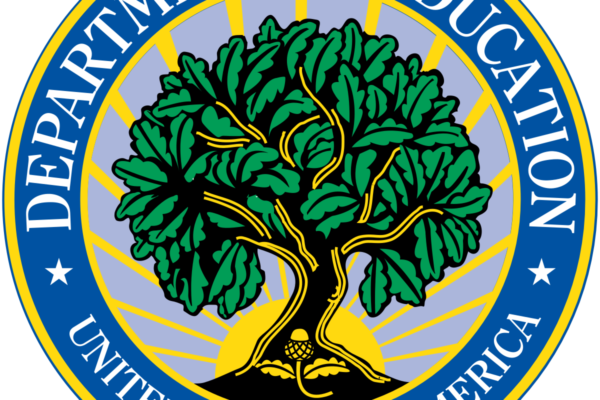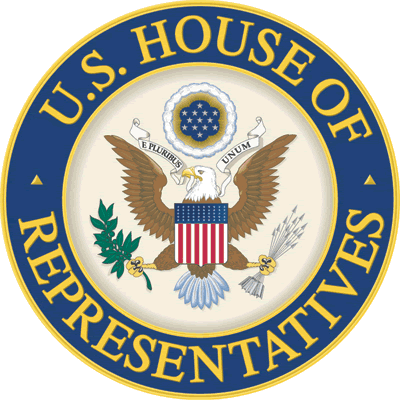As the Biden education transition team conducts its search for the next Secretary of Education, the Center has joined fellow advocacy organizations in signing onto a letter expressing concerns about the possible nomination of Lily Eskelon Garcia.
For decades, students with disabilities have been disproportionately subjected to the harshest and most exclusionary discipline in schools, including suspensions, expulsions, restraint, seclusion, referrals to law enforcement, and school-related arrests.
The Center congratulates President-Elect Joe Biden and Vice-President-Elect Kamala Harris on their victory. We look forward to this opportunity to work together to promote and protect the civil rights of students with disabilities.
Students with disabilities have long faced disproportionate rates of harsh disciplinary practices like physical or mechanical restraint and seclusion—often with disastrous results, including permanent injury and death. New data from the Civil Rights Data Collection released today by the US Department of Education shows that this disproportionality has sharply increased—a shocking and disappointing trend.
Children with disabilities have been disproportionately affected by the COVID-19 pandemic—both in and out of school—and the enormous challenge of adapting to the new normal has placed schools and districts under financial strain. In light of these facts, the Center is proud to support the Supporting Children with Disabilities During COVID-19 Act (H.R. 8523).
Justice Ruth Bader Ginsburg spent her life standing up—and speaking up—for just and equal treatment for all. She was the author of one of this country’s most impactful Supreme Court decisions on disability rights, Olmstead v. L.C., where she stood up against the systematic institutionalization of people with disabilities, holding that “unjustified institutional isolation is a form of discrimination” that “perpetuates unwarranted assumptions that persons so isolated are incapable or unworthy of participating in community life.”
Disproportionate discipline of students with disabilities is a long-running crisis—and with the new rules and considerations around COVID-19, the stakes are even higher. Instead of simply reacting as incidents come up, however, schools have the opportunity to develop proactive discipline policies that serve students during the pandemic and also provide positive structures for the future.
We are deeply appreciative of the important clarification provided by Secretary DeVos to states ensuring states must plan to administer statewide summative assessments during the 2020-2021 school year. This is consistent with the requirements of the Every Student Succeeds Act (ESSA) which the Center worked collaboratively to support with charter school leaders as well as civil rights and special education advocates.
In February 2020, the Center completed an analysis of the challenges associated with educating students with disabilities in Connecticut charter schools. We found that these challenges are symptoms of two broader issues—the state’s inequitable public education funding system and problematic ambiguity in the state charter law.
In February 2020, the Center completed an analysis of the challenges associated with educating students with disabilities in Connecticut charter schools. We found that these challenges are symptoms of two broader issues—the state’s inequitable public education funding system and problematic ambiguity in the state charter law.








